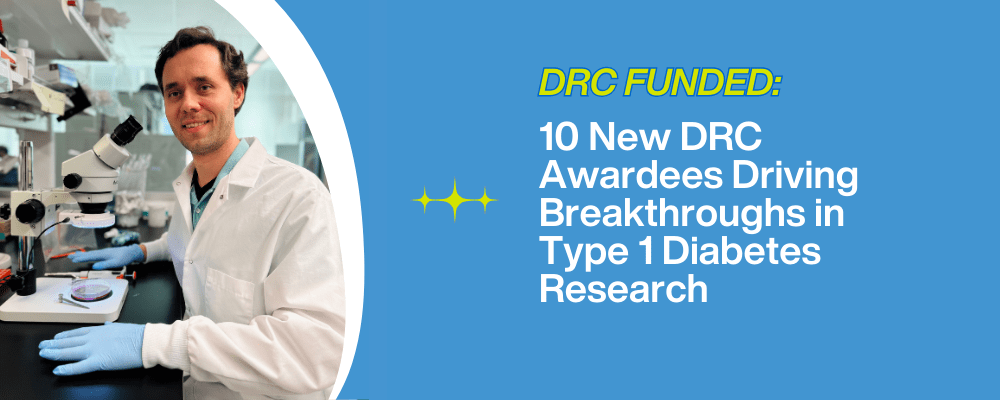Managing diabetes can be a very tedious process. Individuals must be vigilant about monitoring diet and exercise and how it affects their blood glucose levels. Insulin must be correctly dosed and administered to counteract these effects. Even with careful tracking, some individuals still have difficulty managing their type 1 diabetes and develop insulin resistance, metabolic syndrome, and other complications.
Typically metformin is a medication prescribed for those with pre-diabetes or type 2 diabetes to increase insulin sensitivity and insulin action. However, a recent study examined the effects of combining metformin with insulin therapy to treat individuals with type 1 diabetes who had poorly controlled blood glucose levels despite intensive insulin therapy. The study was small, involving 58 individuals with T1D who had comparable characteristics in terms of age, sex, BMI, blood pressure, lipids, hypertension, body weight, insulin dose requirement, duration of diabetes, and other factors.
Twenty-nine participants continued to receive insulin therapy alone, while the other 29 received a combination of metformin and insulin therapy. The study, which lasted one year, found that those in the metformin-insulin group required a lower dose of insulin after one year (a decrease of 0.03 IU/kg/d) compared to those in the insulin only group who actually required a higher dose of insulin (an increase of 0.11 IU/kg/d). The metformin-insulin group also saw a decrease in metabolic syndrome prevalence, fasting plasma glucose (FPG), and postprandial plasma glucose (PPG) compared to the insulin only group.
A larger study is necessary to further evaluate long-term effects, glucose control, insulin sensitivity, and other factors related to effectively managing type 1 diabetes. However, the study sheds light on the potential benefits of combining metformin with insulin therapy for not just individuals with type 2 diabetes, but those with type 1 diabetes as well.
The Diabetes Research Connection (DRC) is interested to see what this could mean for future diabetes management strategies and approaches to helping those with poor glucose control despite intensive insulin therapy. The DRC supports novel research studies on type 1 diabetes by early-career scientists and provides critical funding for these projects. To learn more about current projects or find out how to help, visit Our Projects.




